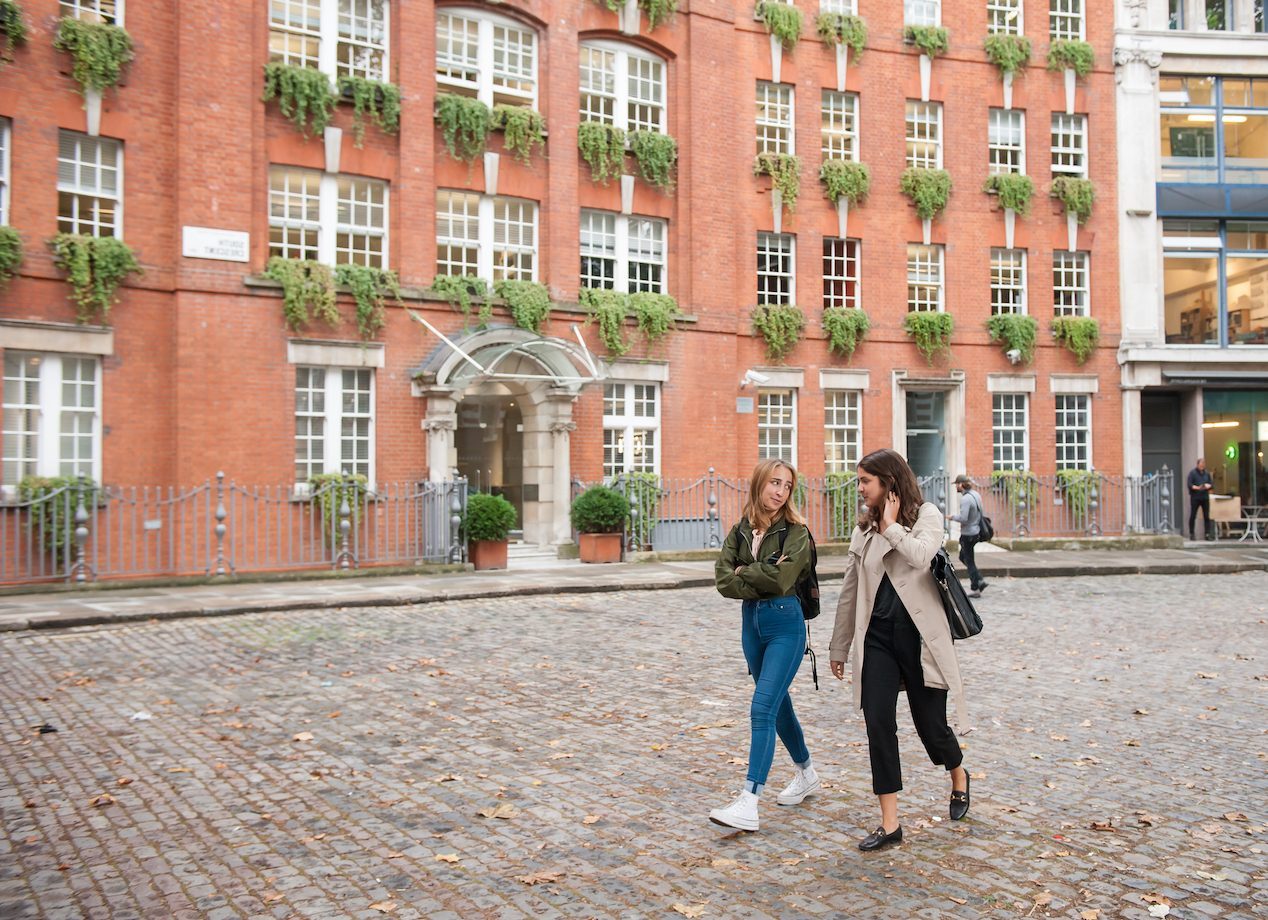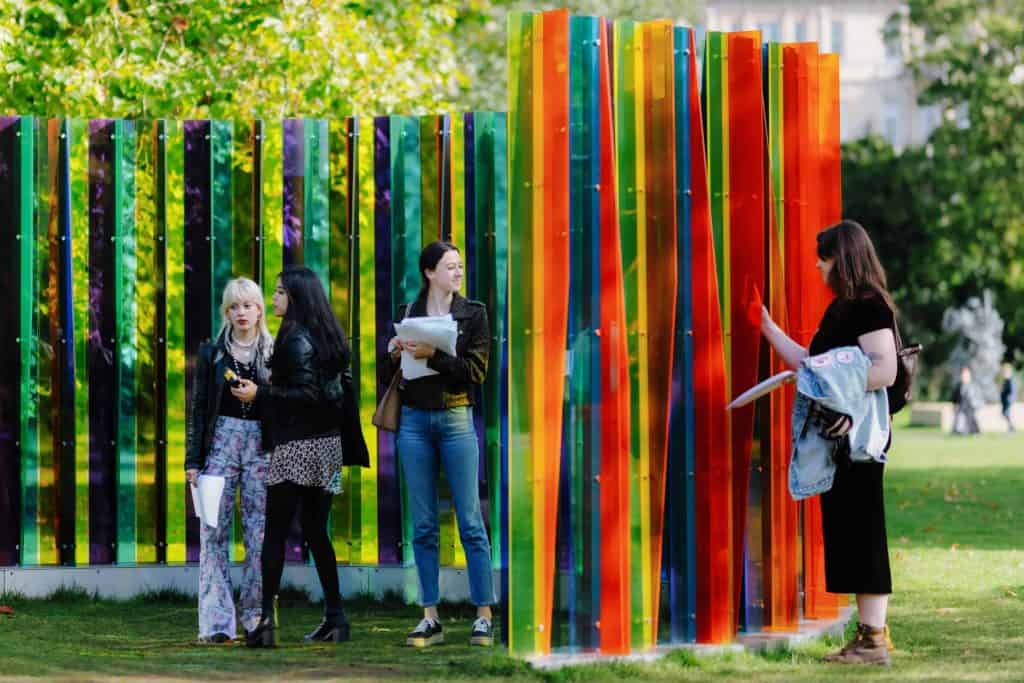More than just a break from traditional studies, a thoughtfully crafted gap year can be a distinctive educational experience marked by personal growth, hands-on learning, and an appreciation of diverse cultures and locations. A gap year can offer unique rewards and a life-changing experience, but you’ll need guidance and effective planning to prepare for a year of experiential learning.
The Significance and Value of Gap Year
Imagine standing at a crossroads in your academic journey where you can steer away from traditional academics and delve into your personal interests and abilities for a year. It would be an opportunity to make plans, assess your strengths, and hone your ambitions.
The magic of a gap year is in its unique blend of practical and intellectual experiences — from mastering a new language or a skill, to working or studying in a different country, to volunteering for a cause that’s important to you.
These experiences will not only enrich your perspective but will also help you develop adaptability and problem-solving skills, both of which are prized in today's fast-paced, globally connected world. A gap year’s true value lies in its capacity to supplement academic wisdom with real-world insights, fostering a comprehensive and well-rounded educational journey.
Discover and Explore Your Interests
During a gap year, you can immerse yourself in a particular area of interest. This could mean conducting in-depth research, taking specialized courses, or gaining hands-on experience through internships or volunteering. This focused time allows for a depth of understanding that is often difficult to achieve during regular academic study.
A gap year can also help you clarify whether the subject you're passionate about is something you want to pursue in the long term. It's a chance to explore your interests in a low-pressure environment, which can lead to a more informed decision about your academic and career paths.
There are many gap year programs based on your specific interests, whether that be a subject you’re passionate about or a place you’d love to explore. Some programs, like Gap Year at Sotheby’s Institute of Art, consider both. Tailored for those interested in exploring the art world in London, Gap Year at Sotheby’s Institute is urban, cultural, and fully immersive.
It’s important to consider what kind of experience you would like to have — do you want to gain experience through an internship, or would you rather take specialized courses accompanied by local site visits? The more specific you can be with your gap year goals, the more likely it will be that you’ll find the perfect program for you.
Begin your journey of self-discovery at the center of the art world with Gap Year London at Sotheby’s Institute of Art.
College Admissions: The Gap Year Perspective
Higher education institutions are increasingly acknowledging the unique advantages brought by students post gap year. These students come with a holistic understanding of the world beyond the classroom, confidence in one’s academic goals, and the motivation to pursue both personal and professional passions. All together, these qualities enrich the academic community.
According to Go Overseas, some colleges and universities are even actively encouraging prospective students to take a gap year and offering scholarships to those that do.
The practical experiences and skills acquired during gap year can enhance your college application, showing your dedication to continuous learning and your aptitude for problem-solving. In these ways, gap year can serve as a steppingstone in the journey towards higher education.
Enhancing the Gap Year Experience: Planning and Preparation
Maximizing the benefits of a gap year requires thoughtful planning and tailored preparation. There are a few crucial steps you’ll need to take to plan a successful gap year.
1. Self-Reflect and Identify Goals
Take a pen and a piece of paper. Identify your passions, interests, and some goals for your gap year. Write them down, or better still, draw a spider diagram that links them up. Consider what you want to achieve by the end of your gap year, then take a look at everything you’ve written down. Which of your interests, passions and goals best suit your overall objective?
2. Research and Apply
Look into available opportunities that align with your interests and goals. This could include internships, volunteer programs, educational courses, or travel experiences. Allow yourself the necessary amount of time to find what will work best for you. Discuss your plans with friends, who may be able to connect you to opportunities you never considered.
3. Plan Your Budget
Determine your budget for your gap year and make sure to factor in costs such as travel, accommodation, meals, insurance, and any program or course fees. Don’t forget to plan for personal expenses as well. On top of this, make sure you keep some contingency budget for unexpected costs.
4. Make Your Final Preparations
Depending on your gap year plans, you might need to prepare in different ways. This could include getting necessary vaccinations or insurance, finding housing accommodations, learning a new language, or purchasing required materials for a course. Share your plans with trusted advisors, as they may think of things you need to prep for that you hadn’t previously!
Although gap year is a great option if you’re looking to immerse yourself in a specific area of interest, it’s also a valuable experience to have if you plan on applying to an undergraduate program. As higher education institutions begin to recognize the unique advantages that experiential learners bring to their academic communities, the gap year is becoming an increasingly valuable asset for prospective students. Good luck!
Begin your journey of self-discovery at the center of the art world with Gap Year London at Sotheby’s Institute of Art.

